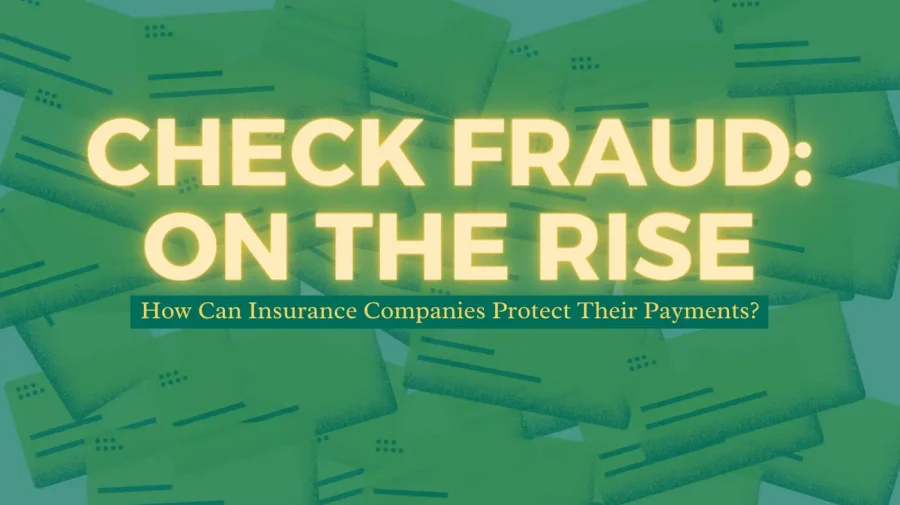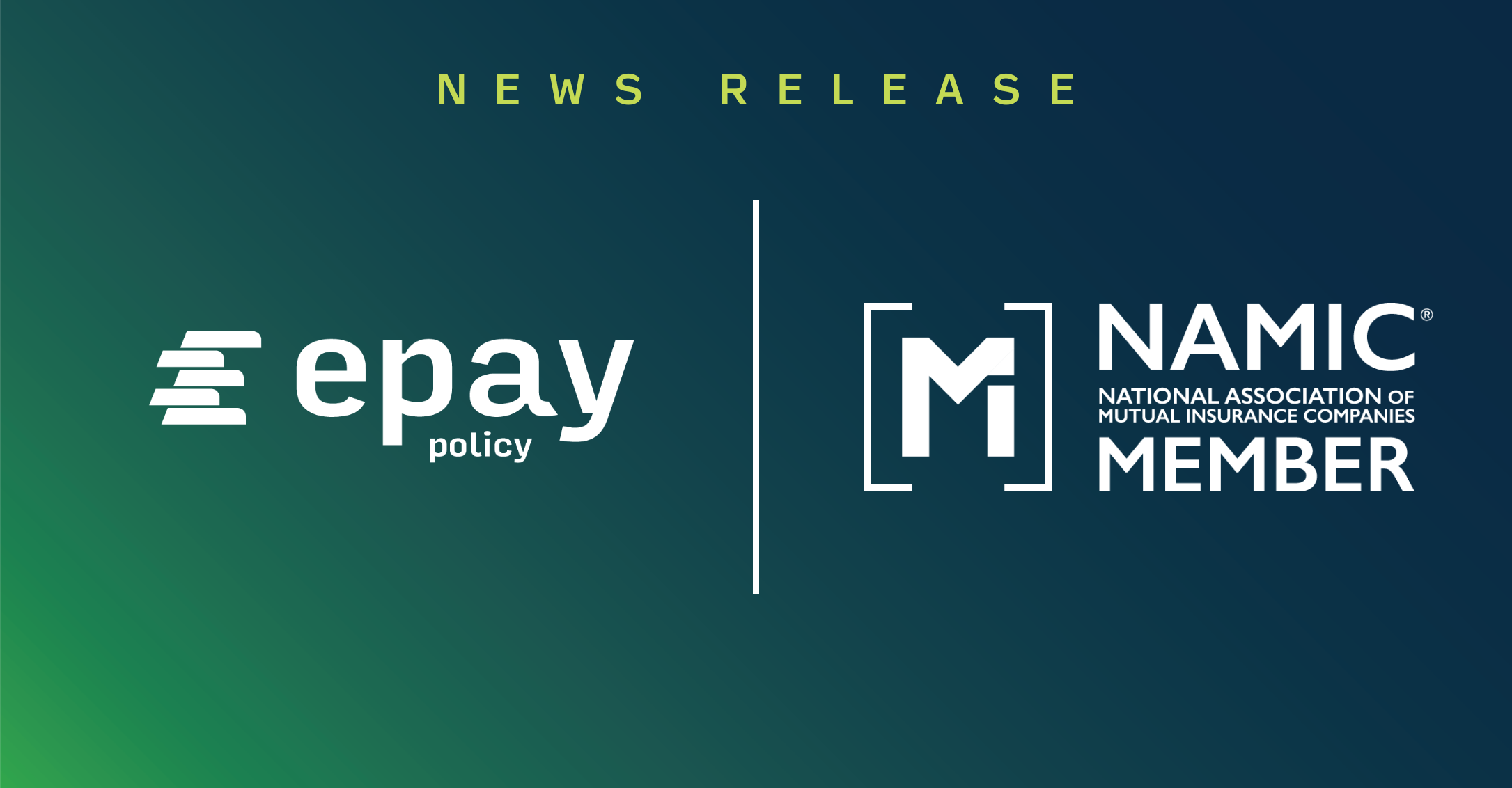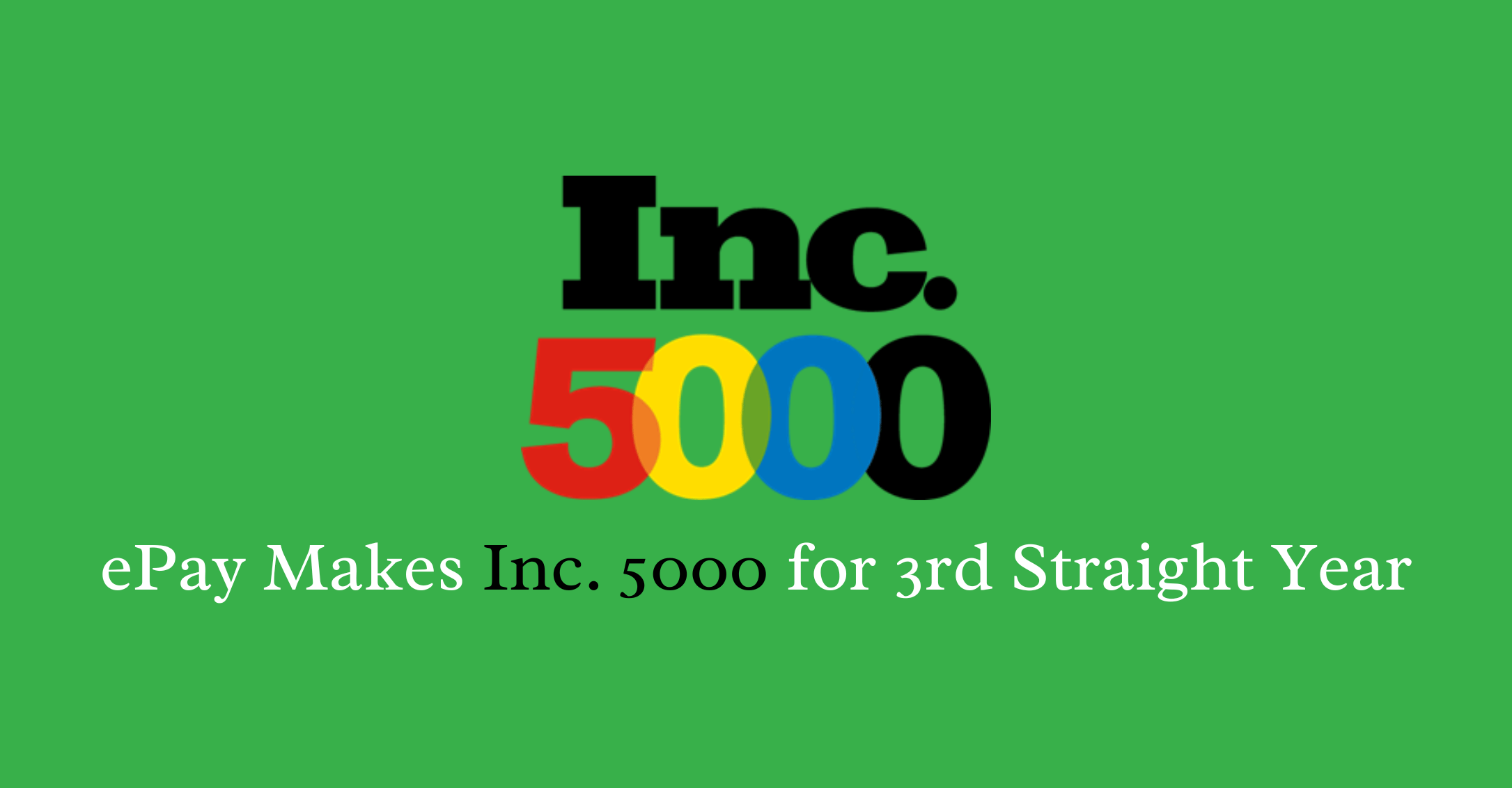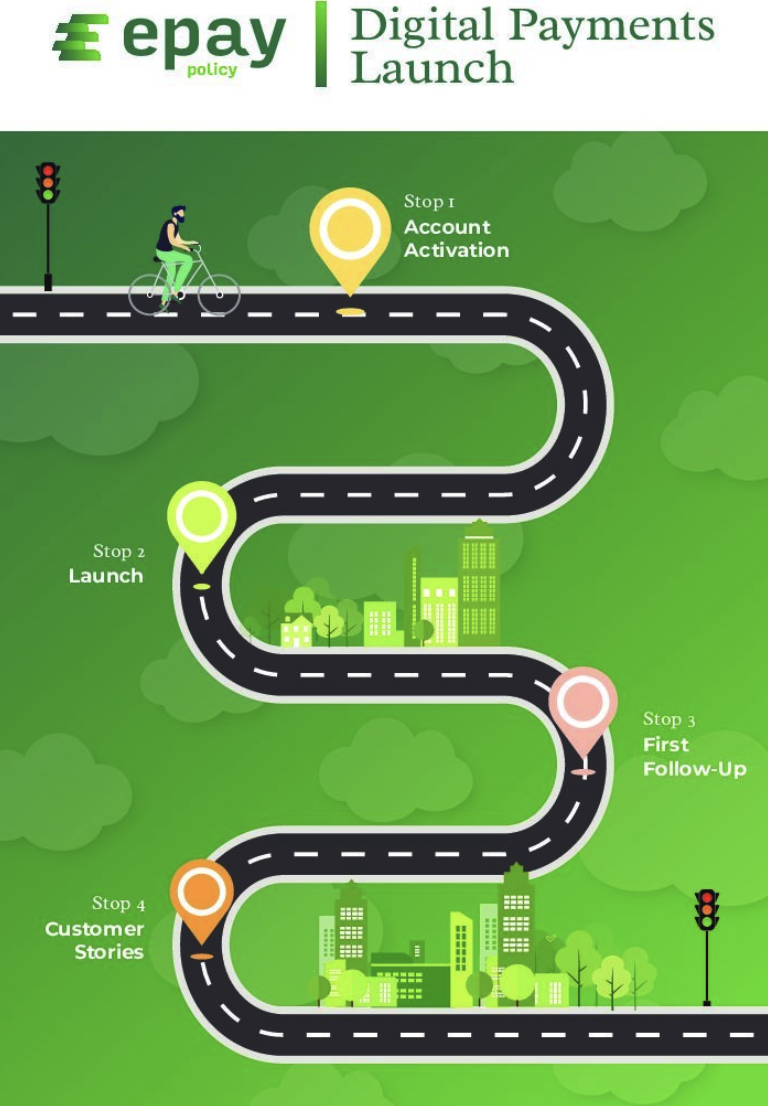Insurance veterans know that when it comes to collecting payments, checks persist in our industry. But over the last several years, a sharp rise in check fraud has made the “check’s in the mail” back-and-forth a precarious proposition.
I won’t bury the lede – if you’re still taking physical checks as your default payment method in 2024, both the payer and your business are taking on significant and often unnecessary risk. Does that sound dramatic? Let’s consider.
Here’s the headline of a 2023 Fortune article – “Check fraud has gotten so rampant that postal officials are warning Americans to avoid mailing checks.”
Or this one from a December NY Times piece – “We can’t stop writing checks. Thieves love that.”
Annual use of check payments for the average American has been in decline for decades. But not in insurance. In fact, the number of check payments for insurance companies (55%) is more than double the average for other companies (22%), according to CB Insights data.
The aforementioned articles, as well as many others, offer numerous examples of “lost” and subsequently stolen checks by business owners. CBS News recounts the story of a business owner who put 3 checks – in 3 separate envelopes – into an official USPS mailbox. All 3 were stolen, and one of the fraudulent deposits for $21,000 still wasn’t refunded over 2 years later.
These aren’t just anecdotes. S&P Global Markets reports that suspicious activity reports for check fraud tripled between 2018 and 2022. And while banks are taking on heavier losses from fraud, it’s ultimately the customers who often end up holding the bag.
It can take banks 50-60 days to discover they’ve taken a bad check to begin with (Bank Director), and yet according to another WSJ article, banks can decline refunds in cases of fraud if it’s not reported within a specific time frame (often 30-60 days). And even recouped funds require long-standing customer service battles; one person from the NY Times article recalled roughly 40 phone calls to achieve resolution.
So why are we still taking so many checks in insurance? Especially when most of these checks are both time-sensitive and high-value (and thus, easier to perpetuate fraud).
Our industry doesn’t have a reputation for changing rapidly. We know check payments won’t go away overnight, especially for larger insurance orgs. It’s why we created CheckMate, our smarter collections and check reconciliation solution just for insurance companies.
But the debatable efficiencies that checks offer some larger insurance companies aren’t reality for many companies still doing things “the ways they always have.” After signing up nearly 8,000 insurance companies for online payments, the overwhelming consensus is that a fear of change – as well as an overestimation of how hard it is to switch – is the key culprit.
Many insurance companies assume their payers won’t like the switch to online payments, only to find that customers are actually more delighted with the convenience. Countless public reviews show that customers both love and expect online payment options.
And a quick plug: insurance companies love it too, because they can choose to pass on payment fees to the payer and put that savings directly back into their business.
So, do you really want more check payments to deal with in 2024? What’s stopping most insurance companies from putting up the “Checks Not Accepted” sign in their window, so to speak?
“There came a point where our clients were just as frustrated with missing or late checks as we were,” said Jim Schubert, of Southern States Insurance. “With agency billed policies, we don’t bind coverage until we have money in hand. So when you have contractors who can’t get on a job site because we’re both waiting for their check to arrive, no one is happy. In a way, we needed to stop taking checks because our clients were demanding it.”
Almost all other industries have moved on from a slow, labor-intensive and increasingly risky payment method. Why not insurance?




